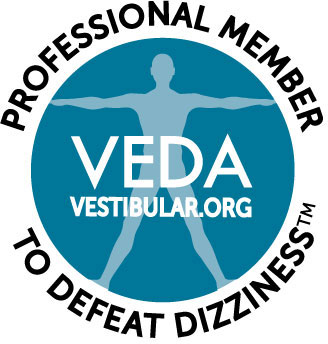The eye muscles may be small and somewhat weak, but together they perform the extremely complex and intricate tasks of focusing, scanning and tracking objects, and maintaining a steady image on the retina. Precise coordination between the eyes is essential for proper eye function, but sometimes a visual processing problem can interfere.

What Exactly is Convergence Insufficiency?
One such visual processing problem is known as convergence insufficiency (CI). This common binocular vision disorder impacts the eye muscles’ ability to move and coordinate properly, making it difficult for people with the condition to rapidly change focus between near and far distances. CI also makes it hard for the eyes to focus on things close up, and as a result, reading, writing, and other up-close activities become difficult and frustrating. Often, CI can cause the words to appear like they’re swimming on the page, making reading a slow and painful process; in some cases, so much so that some people eventually try to avoid reading altogether.
What Causes CI?
While the exact cause of CI is not known, it can come about as a result of a traumatic brain injury (TBI), infection, neurodegenerative disease or the use of certain medications. Symptoms of convergence insufficiency are most often seen in children and teens after extensive periods of up-close work.
What Symptoms Should I Look For?
Performance- and vision-related symptoms to be aware of that could indicate CI include:
-
Feeling tired when reading
-
Eye strain or discomfort
-
Trouble concentrating
-
Blurred or double vision
-
Losing your place easily
-
Having to read things more than once
-
Difficulty remembering what was read
-
Motion sickness
How Is Convergence Insufficiency Related to ADHD?
Since convergence insufficiency shares many of the same symptoms as ADHD, it is often misdiagnosed as such. Children and adults alike with CI often have problems concentrating, tend to be easily distracted, and frequently struggle with prioritizing, staying organized and controlling their tempers. This can lead to performances issues at school or at work. If you’ve been diagnosed with ADHD and prescribed medication for it but haven’t seen any progress, you could have a visual processing problem.
Schedule a Neurovisual Examination
At the Neuro Visual Center of New York, we specialize in the use of visual orthotic devices to treat CI and other binocular vision disorders that are sometimes mistaken for ADHD. To find out more about our treatment methods and the special aligning prismatic lenses we use, contact us today at (516) 224-4888.





